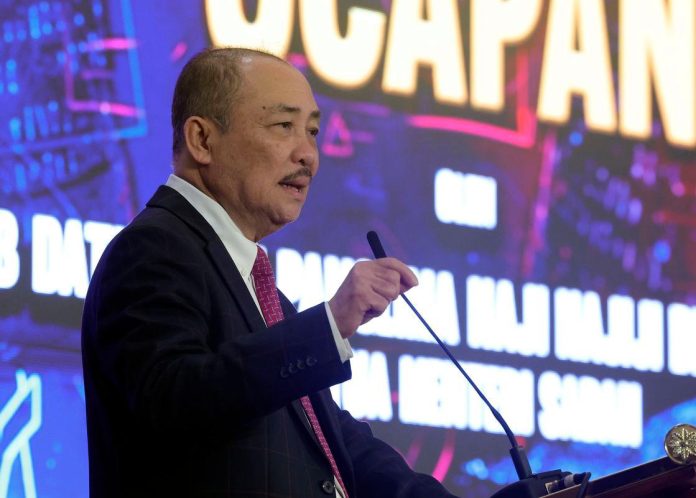KOTA KINABALU: The passing of the Climate Change and Carbon Governance Enactment 2025 at the Sabah State Assembly sitting on July 8 has opened up opportunities for Sabah to attract investors in the carbon market, said Chief Minister Datuk Seri Hajiji Noor.
He said the enactment has led to the establishment of the Sabah Climate Action Council, a Climate Fund, a state-level emissions inventory, and a framework for benefit-sharing, particularly with indigenous communities, while legally affirming carbon rights as belonging to the state government.
“This legal foundation gives investors the certainty they need. But the bigger opportunity lies in ASEAN cooperation. To grow this space, we need a functioning regional carbon market with common standards, regulatory alignment, and mutual recognition of credits across borders.
“Sabah is ready to work with other ASEAN countries to push this agenda forward,“ he said in a speech read by Sabah Finance Minister Datuk Seri Masidi Manjun at the ASEAN Sustainable Forestry Summit 2025 here today.
Hajiji highlighted that Sabah is now a net sink jurisdiction — absorbing more carbon than it emits –contributing approximately 36 per cent of Malaysia’s total carbon sequestration, which he described as “a strategic economic asset” in a carbon-constrained world.
Sabah introduced the Forest Plantation Development Action Plan in 2022, a 15-year blueprint to rehabilitate 400,000 hectares of degraded forest, which is projected to contribute more than RM11 billion to Sabah’s gross domestic product (GDP) and create 40,000 jobs across the value chain once fully realised.
The Chief Minister also noted that timber remains a strategic sector for Sabah, with timber royalties rising to RM171 million in 2024, marking an increase of RM16 million from the previous year, while export volumes have grown steadily, especially to Japan, the United States and Taiwan.
As the largest producer of crude palm oil (CPO) in Malaysia, accounting for over 25 per cent of the national output, he said Sabah is advancing its leadership in the palm oil industry by attracting investments in downstream processing, biofuels, and palm-based innovation.
“Forestry and climate are now at the core of economic strategy for Sabah, for Malaysia and ASEAN. We are no longer treating sustainability as optional. It is part of how we create jobs, attract investment, and strengthen resilience,“ said Hajiji.
The ASEAN Sustainable Forestry Summit, jointly organised by the KSI Strategic Institute for Asia Pacific and the ASEAN Economic Club, brings together policymakers, business leaders and environmental experts from across Southeast Asia to address the urgent need for sustainable forestry and climate resilience. – Bernama








